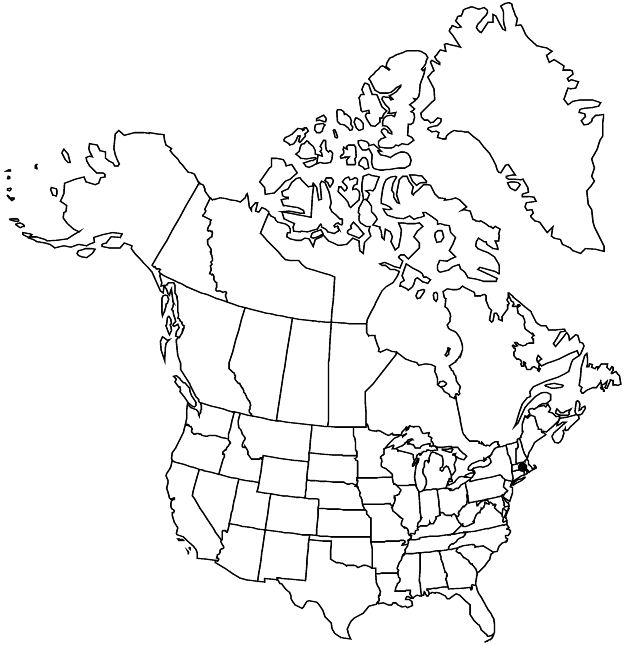Difference between revisions of "Crataegus schizophylla"
Bull. Torrey Bot. Club 38: 243. 1911.
FNA>Volume Importer |
imported>Volume Importer |
||
| (3 intermediate revisions by 2 users not shown) | |||
| Line 40: | Line 40: | ||
-->{{#Taxon: | -->{{#Taxon: | ||
name=Crataegus schizophylla | name=Crataegus schizophylla | ||
| − | |||
|authority=Eggleston | |authority=Eggleston | ||
|rank=species | |rank=species | ||
| Line 55: | Line 54: | ||
|publication year=1911 | |publication year=1911 | ||
|special status=Conservation concern;Endemic | |special status=Conservation concern;Endemic | ||
| − | |source xml=https:// | + | |source xml=https://bitbucket.org/aafc-mbb/fna-data-curation/src/2e0870ddd59836b60bcf96646a41e87ea5a5943a/coarse_grained_fna_xml/V9/V9_908.xml |
|subfamily=Rosaceae subfam. Amygdaloideae | |subfamily=Rosaceae subfam. Amygdaloideae | ||
|tribe=Rosaceae tribe Gillenieae | |tribe=Rosaceae tribe Gillenieae | ||
Latest revision as of 23:00, 5 November 2020
Shrubs, 20–40 dm. Stems: twigs: new growth flexuous, glabrous, 1-years old tan, older gray; thorns on twigs ± straight, 1-year old shiny black, 3–5 cm. Leaves: petiole 3–7 mm, length 12–15% blade, glabrous, eglandular; blade yellow-green, shiny, elliptic to narrowly ovate, 2.5–5 cm, coriaceous, base cuneate, lobes 0 or 1–3 per side, margins serrulate, venation craspedodromous, veins 4–6 per side, apex acute to obtuse, surfaces glabrous. Inflorescences 5–20-flowered; branches sparsely hairy; bracteoles not seen. Flowers 12–15 mm diam.; hypanthium glabrous; sepals 3–4 mm, margins ± entire, adaxially glabrous; stamens 10, anthers pink; styles 1–3. Pomes bright red, ± oblong-obovoid, 7–9 mm diam., glabrous; sepals patent-reflexed; pyrenes 1–3.
Phenology: Flowering May–Jun; fruiting Oct.
Habitat: Thickets and banks on sandy soil
Elevation: 10–20 m
Discussion
Of conservation concern.
Crataegus schizophylla is known from Martha’s Vineyard, Duke County. The extension-shoot leaves are larger, relatively wider, with acute lobes. Except for its distinctive leaf form, unique in this series, it closely resembles C. crus-galli.
Selected References
None.
